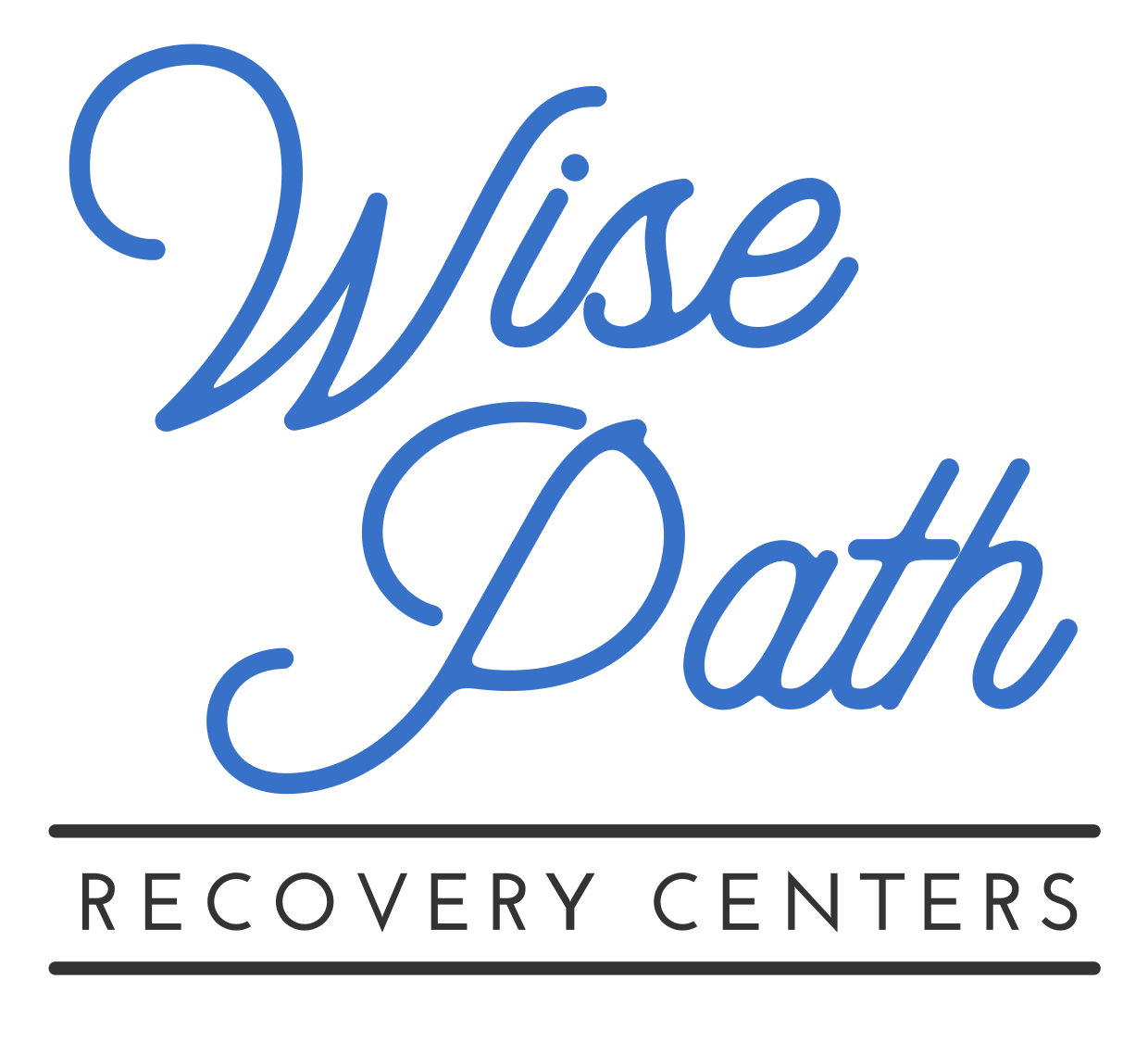Addiction is a complex and challenging issue that affects millions of individuals worldwide. At Wise Path Recovery Centers, we recognize the importance of a comprehensive approach to addiction treatment—one that addresses not only the physical aspects of addiction but also any underlying mental health disorders. One of the critical components of our holistic approach is psychotherapy, a powerful tool that plays a central role in helping individuals on their journey to recovery.
Understanding the Role of Therapy for Addiction
At Wise Path Recovery Centers, we believe that addressing the psychological aspects of addiction is essential for sustainable recovery. Addiction is often rooted in deep-seated emotional pain, trauma, or unresolved issues. Hence, psychotherapy, also recognized as talk therapy, facilitates confidential and transformative dialogues between a skilled therapist and an individual seeking assistance.
This therapeutic journey is geared towards fostering several skills: Firstly, it involves the recognition of one’s thoughts, emotions, and actions that are related to substance consumption. Secondly, it encompasses acquiring strategies to effectively manage intense emotions like stress, which can act as triggers for substance abuse. Thirdly, it involves tackling co-occurring mental health conditions, such as anxiety and depression, that might coexist and perpetuate the use of substances. And fourthly, it guides individuals in cultivating and enhancing their newfound self-esteem, self-value, and autonomy. By providing a safe and supportive environment for individuals to explore these underlying factors, psychotherapy becomes a crucial catalyst for healing.
Exploring Three Major Types of Therapy for Addiction Modalities
There are three main tools that therapists often use: Cognitive Behavioral Therapy (CBT), Dialectical Behavior Therapy (DBT), and Motivational Interviewing (MI). Even though these tools are a bit different, they all work toward the same goal: helping people make positive changes in their lives and become better versions of themselves.
Learn more about these 3 common modalities:
-
Cognitive-Behavioral Therapy (CBT)
Cognitive behavioral therapy or CBT is a widely recognized and highly effective form of psychotherapy used in addiction treatment. This modality focuses on identifying and changing negative thought patterns and behaviors that contribute to addiction.
For example, a therapist would help you:
- Spot Bad Thoughts: The therapist will help you realize when you’re thinking in a way that’s not good for them, especially about addiction.
- Change those Thoughts: They will teach you how to turn negative thoughts into better ones. This helps you deal with addiction and feel better overall.
- Deal with Tricky Situations: You will learn healthier ways to handle tough times, to eliminate reliance on substances or addictive behaviors.
- Understand Triggers: Triggers can sometimes set us back, so it’s important to pinpoint what triggers (e.g., others’ actions or words or even your own thoughts) lead you to substance use and to use the tools mentioned before encountering them to view them in a more optimistic or helpful light.
The therapists at Wise Path Recovery Centers work closely with clients to identify the specific thought patterns and behaviors that fuel their addiction. By addressing these underlying issues, individuals can break free from the cycle of addiction and develop the skills needed to maintain long-term sobriety.
-
Motivational Interviewing
Motivational Interviewing (MI) is a collaborative and client-centered form of therapy that aims to enhance a person’s motivation to change addictive behaviors. The therapist and the person work together as a team. The therapist respects the person’s choices and helps them figure out why they want to change. The conversations help to build motivation from within the individual. This strong, personal motivation is super important for staying on the right path and having a lasting recovery.
Our skilled therapists use MI techniques to help individuals uncover their own motivations and goals, which can vary greatly from person to person. By understanding what drives each individual, we can tailor the treatment plan to align with their unique aspirations, increasing the likelihood of successful and sustainable recovery.
-
Dialectical Behavior Therapy (DBT)
DBT, which stands for Dialectical Behavior Therapy, is a type of talk therapy that helps people learn important life skills. These skills can help them handle their emotions and difficult situations better.
They may include:
- Mindfulness: This means paying close attention to what’s happening in the present moment, like being aware of your thoughts and feelings without letting them overwhelm you.
- Emotional Regulation: When you’re dealing with strong feelings, like being really upset or stressed, DBT teaches you how to handle those emotions in a healthy way.
- Interpersonal Effectiveness: This is about getting better at how you communicate and get along with other people. It’s important for building positive relationships.
- Distress Tolerance: Life can throw some tough situations at you, and DBT helps you learn how to handle these challenging moments without turning to drugs or alcohol.
At Wise Path Recovery Centers, we integrate DBT principles into our addiction treatment programs to provide clients with the tools they need to handle stress, regulate emotions, and maintain a balanced and fulfilling life in recovery. This holistic approach ensures that individuals not only overcome addiction but also develop the skills to thrive in their personal and social lives.
How We Can Help
At Wise Path Recovery Centers, we believe that psychotherapy is a crucial part of our comprehensive approach to addiction treatment. We don’t just focus on the physical side of addiction; we also address any emotional or psychological challenges.
Our skilled therapists use different techniques like Cognitive-Behavioral Therapy, Motivational Interviewing, and Dialectical Behavior Therapy, among others. These methods help individuals discover more about themselves, heal, and pave the way for a lasting recovery. We’re here to support people on this journey, providing the tools and guidance they need for a healthier future.
If you or someone you know is struggling with addiction, remember that help is available, and a brighter future is within reach. Reach out to Wise Path Recovery Centers to embark on a journey towards a healthier and more fulfilling life. Visit wisepathrecoverycenters.com or call 866-860-9772.

